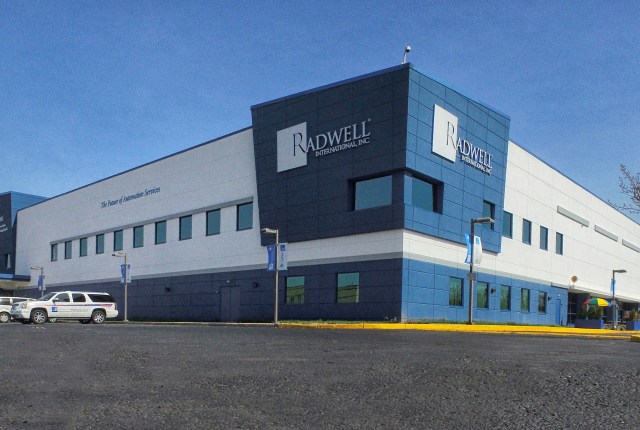Centralizing Business Data in a Modern Cloud Environment
Providing services to grocery store owners since 1971, FMS Solutions helps business leaders streamline their accounting services so they can focus on growing their business. Since 1971, FMS Solutions has expanded its operations to serve over 5,000 stores in the U.S., Canada, and the Caribbean with time tracking, tax accounting, payroll, business process outsourcing, and more. In addition to providing services directly to grocery store owners, FMS also collaborates with the National Grocers Association to generate the Independent Grocers Financial Survey, a report that details the financial health of the independent grocer industry.
Challenges
FMS Solutions, a long-time accounting and consulting firm for retailers, determined a strategic corporate vision to transform to not only an accounting company, but also an IT company. Part of this strategic plan was to move much of their IT systems into the cloud to streamline the administration and reduce overall hosting spend – as well as mitigate certain business continuity risks. As technology becomes a larger part of every organization’s operation, FMS realized that there were unique benefits to housing applications they provided to their customers on in the cloud as opposed to the on-premises servers they relied on in the past.
The company had a vision to migrate entirely away from physical servers, some of which include IBM i machines, and therefore wanted assistance with transitioning their systems into “re-platformed” Microsoft Azure cloud tenant resources. Having already worked with Weidenhammer for decades, FMS contacted Hammer Dev and Hammer Tech (the division of Weidenhammer that handles cloud hosting, infrastructure, and security) to assist them with setting up the environment.
Solutions
In order to meet FMS’s long-term vision, Hammer Tech developed a modern, flexible environment on which Hammer Dev could build the new applications.
First, the Hammer Tech team set up a robust cloud tenancy using Azure so FMS could host their modern code, which required Hammer Tech to:
- Procure several Azure licenses that could serve data management, cost management, security, administration, and other key functions under the same tenancy.
- Establish a proper VNET with private endpoint security to ensure data could communicate between on-premise servers and the cloud environment.
- Configure the architecture so that teams could leverage DevOps methods through ensuring teams only had access to the data and tools necessary to fulfill their functions.
Once Hammer Tech established the environment in Azure based industry best practices, the Hammer Dev team began to work on provisioning the application, data, and identity cloud resources.
Provisioning was accomplished first by pushing key data from on-premises transactional data sources. Modernizing the on-premises data sources – which used SQL Servers, MariaDB, and IBM iSeries IT Assets – would be gradual over a period of time, data necessary for new application development efforts was replicated to Azure SQL Database resources using Azure Data Factory pipelines. The Azure Data Factory pipelines used the linked service private endpoints established by the Hammer Tech team to securely transmit data between on-premises and Azure-based data sources.
Next, FMS needed a way to integrate the different application data sources used by the same client. Over the course of many years, corporate acquisitions and the normal accumulation of IT debt left most current operational source systems and their data sources siloed, even when used by the same FMS client. This meant any one customer could have duplicate information across FMS’s servers. The Hammer Dev team worked with FMS to architect an “Entity Structure” that would allow clients and their associated business entities to be identified and “joined” regardless of the source system. With the Entity Structure in place, data migrated to the Azure cloud would be treated as one unified data platform, with full relational and referential integrity.
With the data organized and able to migrate into the cloud, Hammer Dev created an application stack that made use of “Dockerized” microservices and “microfrontends” to create a truly cloud-native environment. These containers were then deployed to be managed by Azure Kubernetes Services. Finally, the Hammer Dev team used a mix of Azure Active Directory B2B and B2C implementations to handle identity management and authorization that was geared towards the use case of the application, regardless of whether it was internally or externally facing.
Results
With the deployment of the cloud servers and Entity Structure, FMS was able to centralize the management of its applications and reduce the resources needed to run their servers. This transition means that future applications FMS seeks to develop will easily integrate with existing product offerings to allow the FMS team to better serve clients by allowing them to get a full picture of their company without dedicating additional employee resources to the task. Further, they could easily progress in their DevOps journey with a mature and robust cloud environment.



